Kaduna State University (KASU) held a special event on Thursday, 19th June 2025 to commemorate World Sickle Cell Day, reaffirming its commitment to raising awareness about the condition and promoting preventive measures.
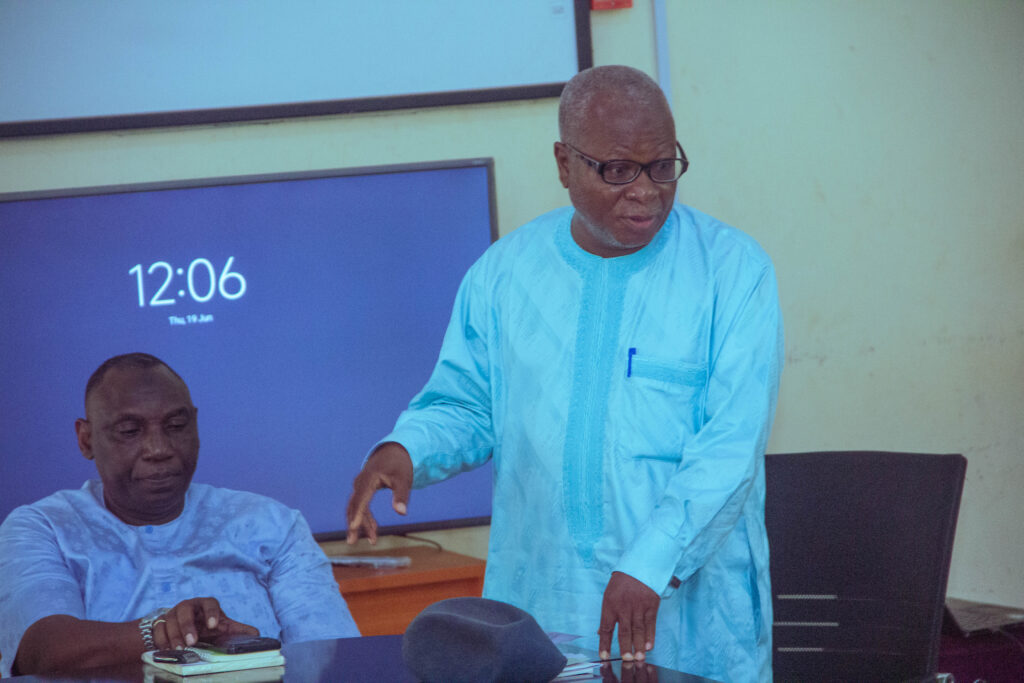
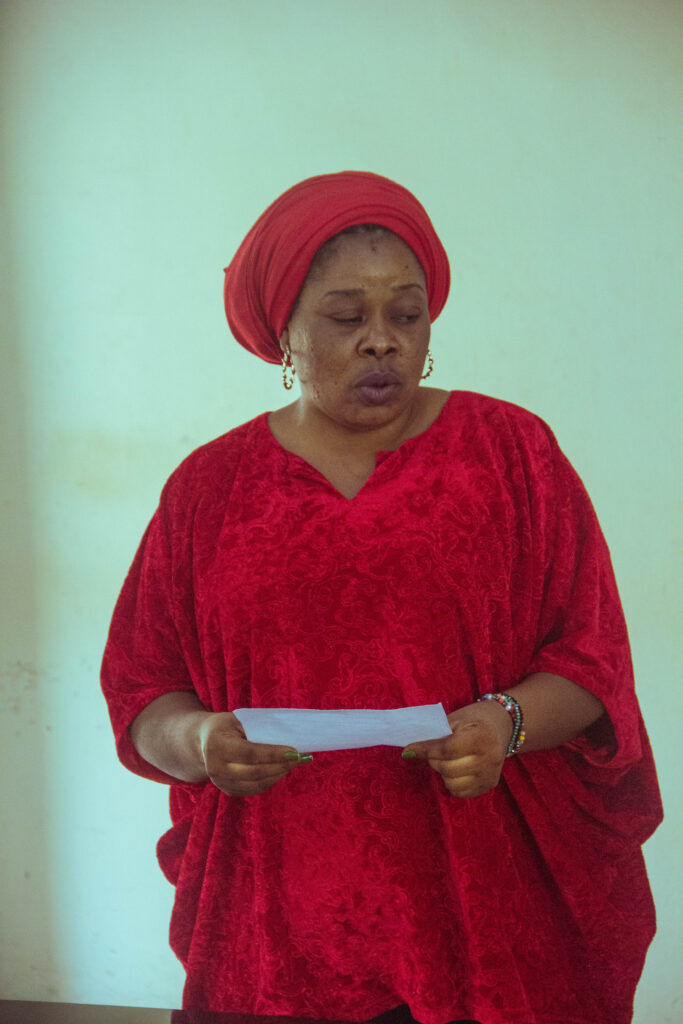
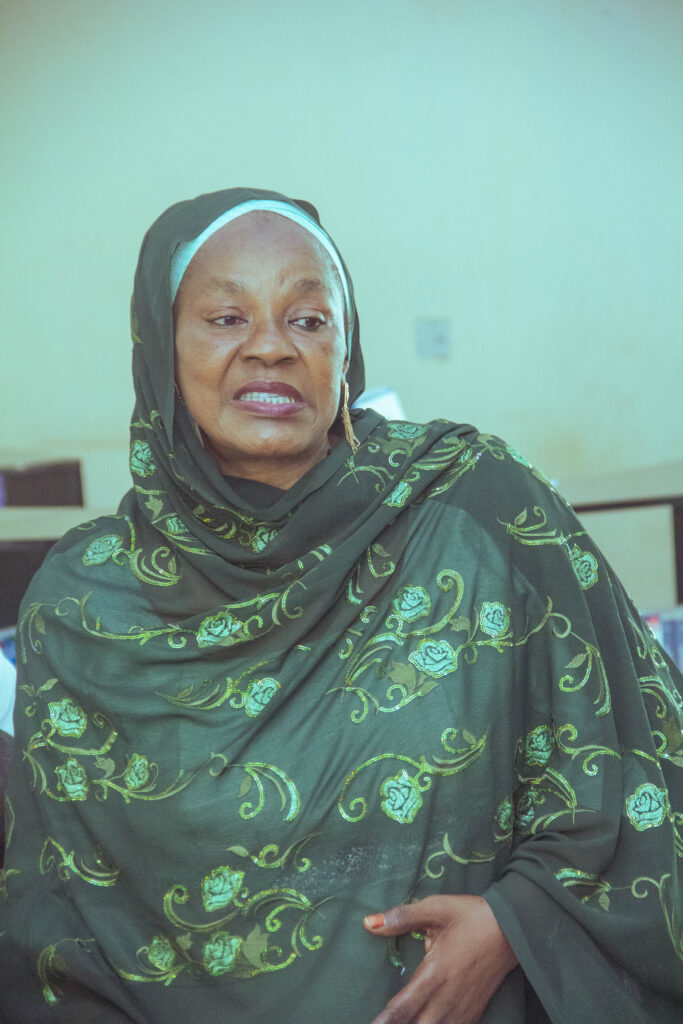
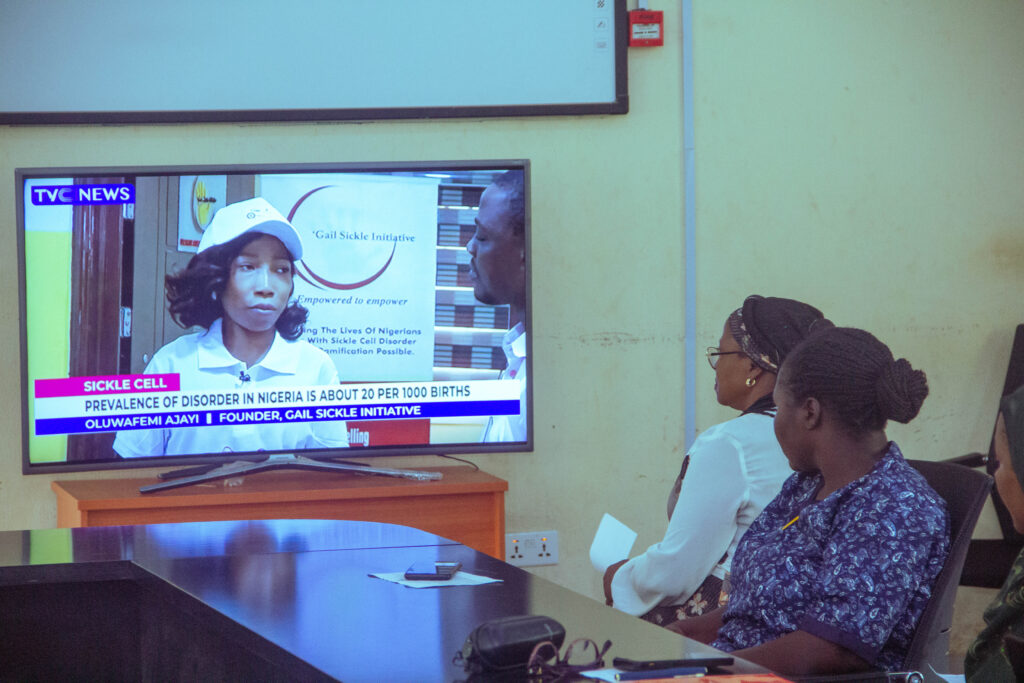
Dr. Hadiza Muhammed warmly welcomed attendees and emphasized that KASU annually observes the day to enlighten the community on sickle cell disease. She described the topic as deeply sensitive and stressed the importance of knowing one’s genotype before marriage as a key step in preventing the transmission of the disease to future generations. She encouraged participants to pay close attention so they could better support individuals living with sickle cell and empower them to lead fulfilling lives.
A movie documentary was screened, featuring a woman who has lived with sickle cell for over 40 years. In the film, she recounted her painful experiences and expressed a strong desire to help prevent new cases by advocating for genotype awareness and responsible reproductive choices.
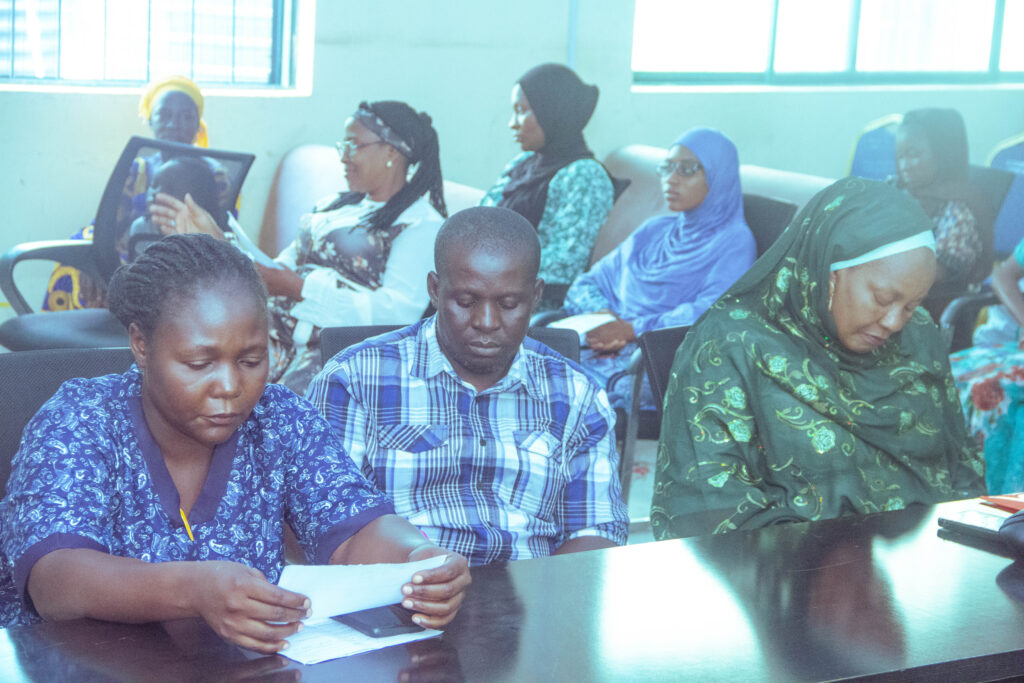
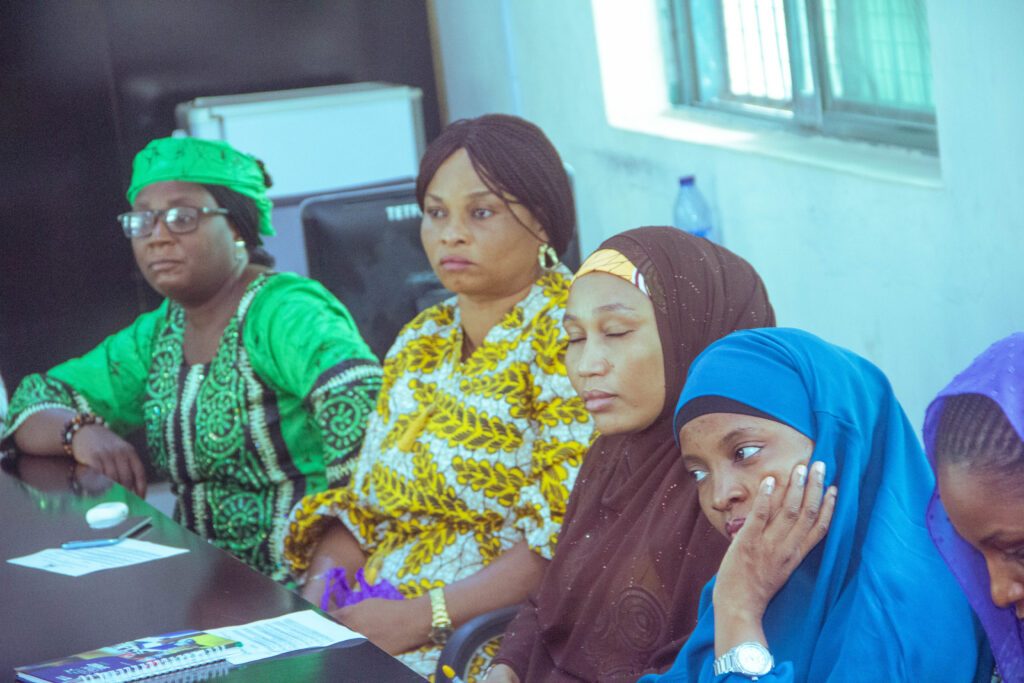
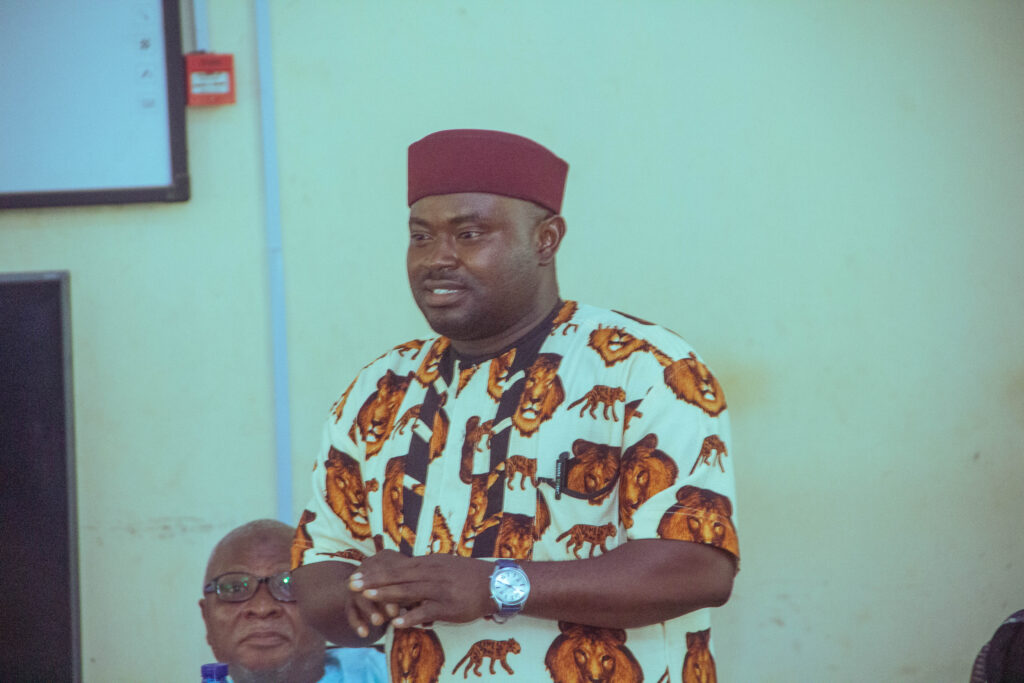
Dr. Umar Muhammed, Director of KASU Health Services underscored the need for continuous education and sensitization. Dr. Esther Gani further highlighted the gravity of the situation in Nigeria, revealing that 20 out of every 1,000 children born in the country have sickle cell disease — the highest rate globally. She stressed that World Sickle Cell Day serves as a platform to promote prevention and public education.
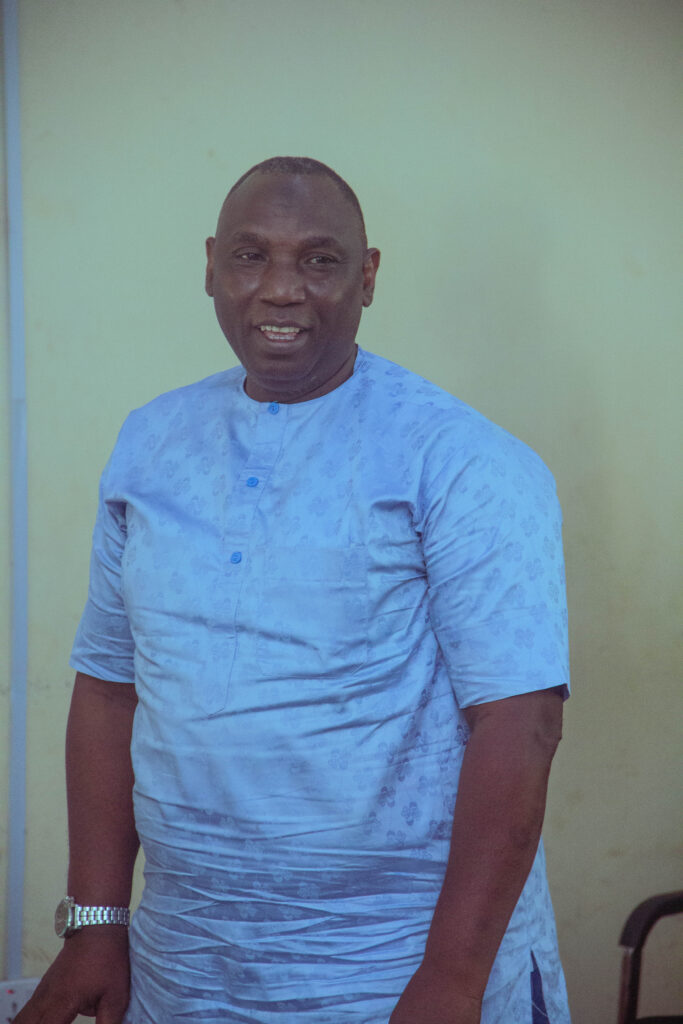

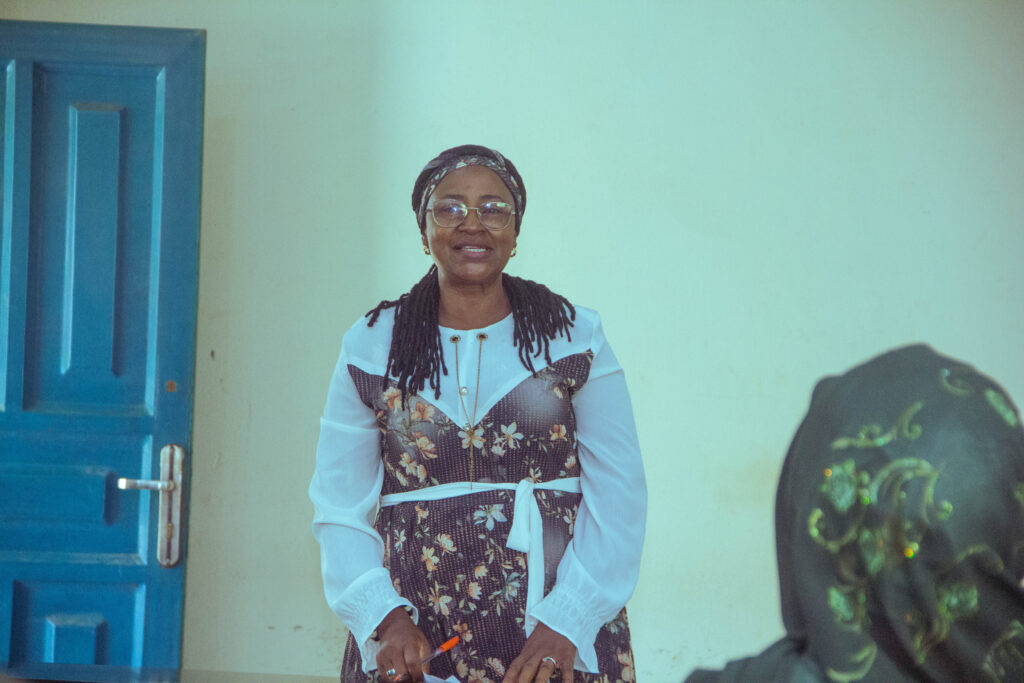
A panel discussion followed, focusing on the unique challenges faced by students living with sickle cell. The panelists noted that the condition is particularly prevalent in Africa and that many people remain unaware of their genotype. They explored non-pharmacologic interventions and recommended lifestyle practices such as avoiding excessive physical exertion, staying hydrated, adhering to prescribed medications, and prioritizing preventive strategies. A United Nations-sponsored book was also shared to support continued education on the topic.
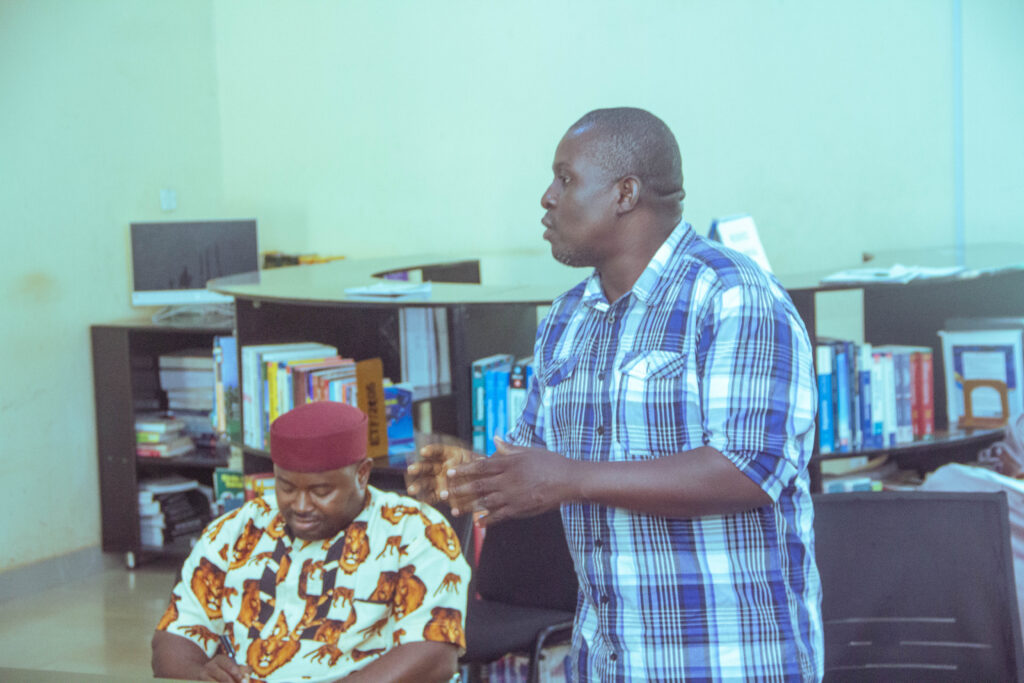
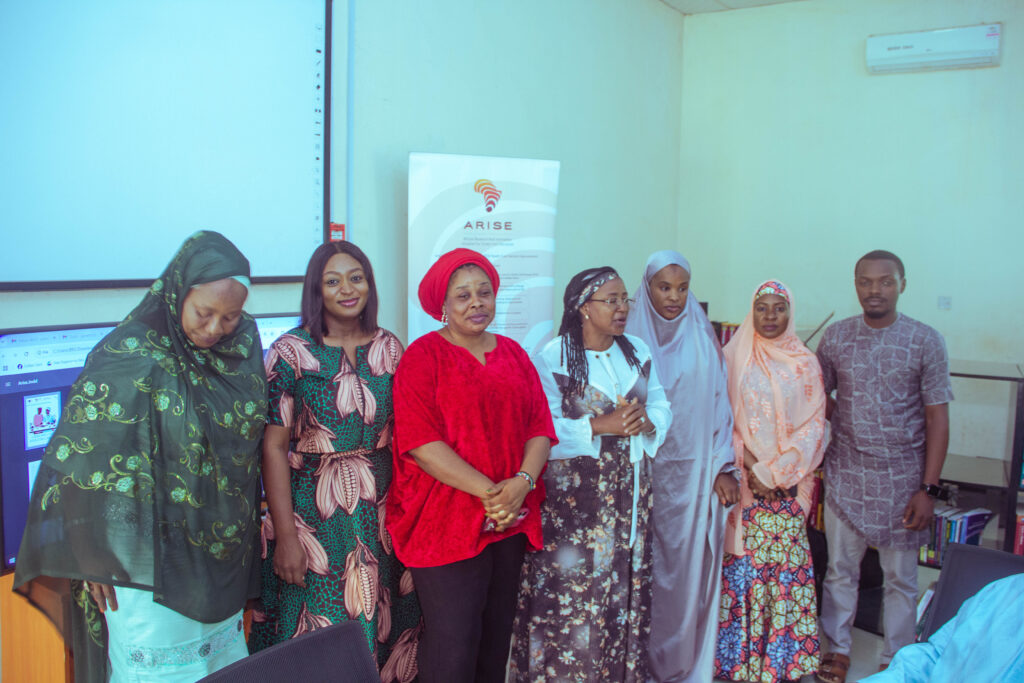
The event concluded with an interactive question-and-answer session. In her closing remarks, Dr. Esther Gani thanked the panelists and participants for their active engagement and reiterated the importance of spreading awareness to combat sickle cell disease.

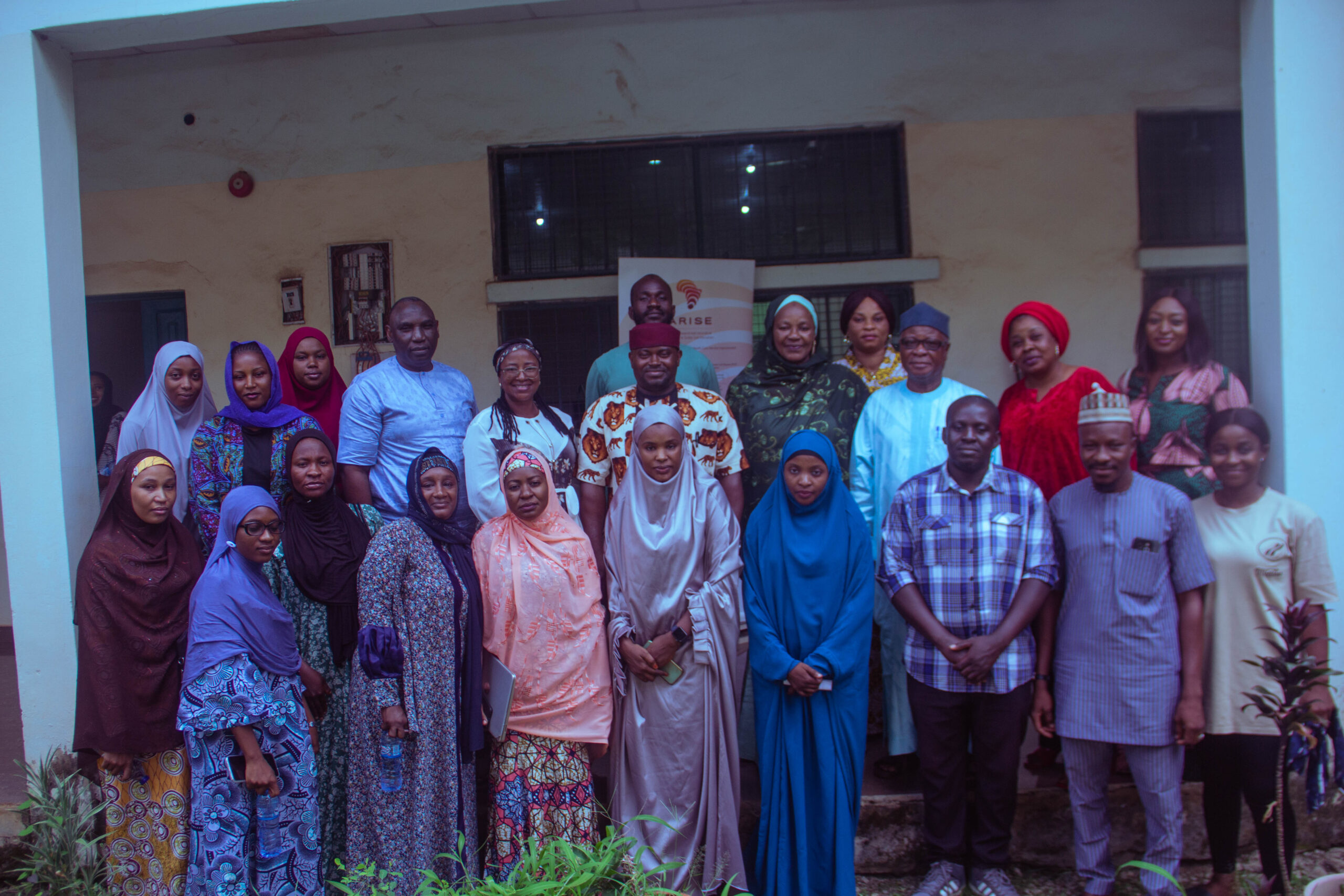
Who welcomed attendees and spoke about the importance of Sickle Cell Day at KASU?